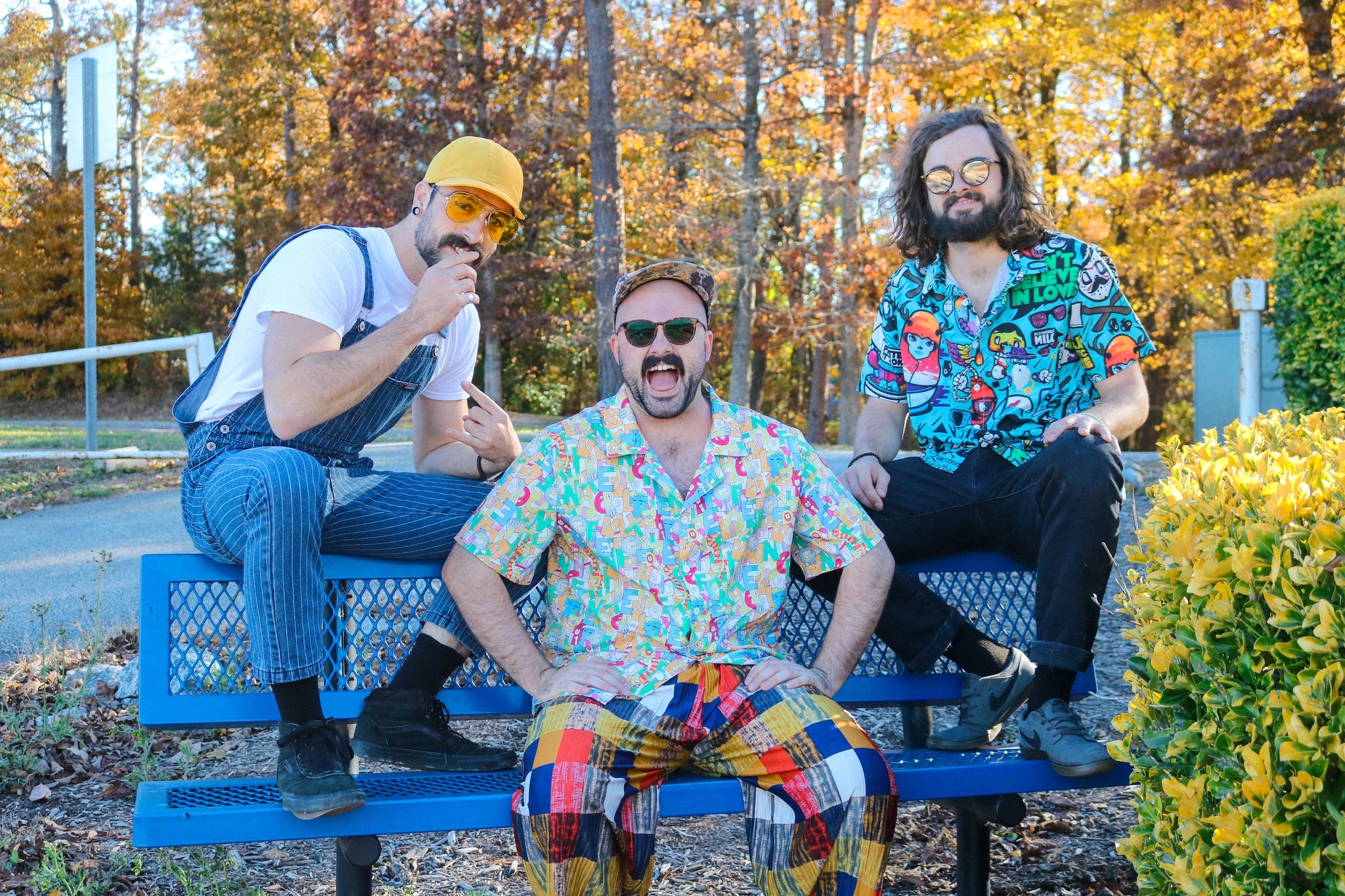Bus Conversions Raise the Bar (and Roof) on the Traveling Life

Photo by Rachel Pressley
It all goes back to building the bus,” says Luke Davis. He and his wife Rachel, former residents of Chicago, worked day and night for three weeks at the end of their nine month process to convert their 1992 Genesis schoolbus, bought in Phoenix, to livability. At first, it was supposed to be a long-term project, meant to house them and their infant daughter after Luke started making plans to quit his Union job as a pipefitter.
But then the company suddenly offered to let Luke travel, basing him in Colorado with on-the-road work as a mechanical contractor for national waterparks. And so he stayed with the company — but finishing the bus became an almost emergency priority.
And once they were on the road in their home-on-wheels, their life went in an even more unexpected direction. The Davises became part of a community of fellow “bus lifers” through Instagram. At the time, 2015, it was just a few-dozen folks who were sharing the dream of living well while living mobile.

the journey is usually worth it.
Photo by Rachel Pressley
“Long story short, we built this, it got exposure, and people started asking us if we would build them one,” says Luke. So he finally did quit his day job, and began steering his mechanical skills toward entrepreneurship.
Luke and Rachel agree that the tiny-house movement set the stage for them to launch their business. “We were getting invited to other people’s events,” says Luke. “It’s like the circus. Once you’re in, you just keep getting invited.”
However, “it’s a much smaller portion of people who have plans to actually do it,” says Rachel, who has a business degree. “The vast majority are dreamers.” Still, she says, it’s fun to show them the possibilities. “People don’t realize that you can have this kind of space in a bus until they see it in person.”

Photo by Rachel Pressley
While traveling, the Davises decided to pick a place and settle down. A festival friend recommended Henderson County as a less-expensive, less-crowded alternative to Asheville. Luke jumped in and purchased the domain skoolie.com. Due to rapid growth, the businessis now located in its third space in less than two years.
“We’ve been booked out a year-and-a-half since the very beginning,” says Luke, who works on the vehicles’ mechanical systems and also does plumbing, electric, gas, piping, welding, fabricating, and cabinet making. They hired Asa Spicer, a multi-certified welder and sheet-metal worker, and Luke’s brother Max helps out with plumbing, woodworking, painting, and electrical.

Photo by Rachel Pressley
While the build-outs take place, Rachel balances taking care of the couple’s two-year-old son Abraham and five-year-old daughter Charlotte while also handling planning, scheduling, finances, correspondence, and customer interface.
When it comes to doing a full-bus conversion, “there are a million micro steps,” notes Luke. “You have to acquire the bus, do a roof raise, add fabrication, storage boxes, brackets for propane tanks, racks for water, frame the walls on the inside, put in the subfloor, and then we can rough in the mechanical systems. We cut in the windows next, install the tanks, apply closed-cell spray insulation, and finally cover it with finished wall and ceiling material.”
A full conversion take four to six months. Unlike RVs, where even new models tend to have cheap finishes and generic, outdated interiors, Skoolie buses, which average eight miles to the gallon, specialize in high-end modern design: dramatic vaulted ceilings, dual AC units, hydronic heated floors, oversized solar-power systems, lofted beds with storage underneath, and handcrafted real-wood trim.
The couple guides design decisions for their national client base — folks range from single retirees to young families — but customers decide the ultimate layout. “They can send us their napkin sketch of what they envision it looking like, and we go from there,” says Luke.
“I think more people can live this lifestyle than they think,” notes Rachel. “We thought the bus was [just] so we could travel and always be at home.” But after learning, for instance, that they use a tenth of the average person’s consumption of water, “it changed our mindset on everything.”
Living this way, says Luke, “really opens your eyes to what you really need.”
Skoolie.com: Quality Crafted Conversions, 701 7th Ave. East, Suite 30, Hendersonville. For more information, see skoolie.com or call 828-702-9333. Instagram: skoolie_com.



